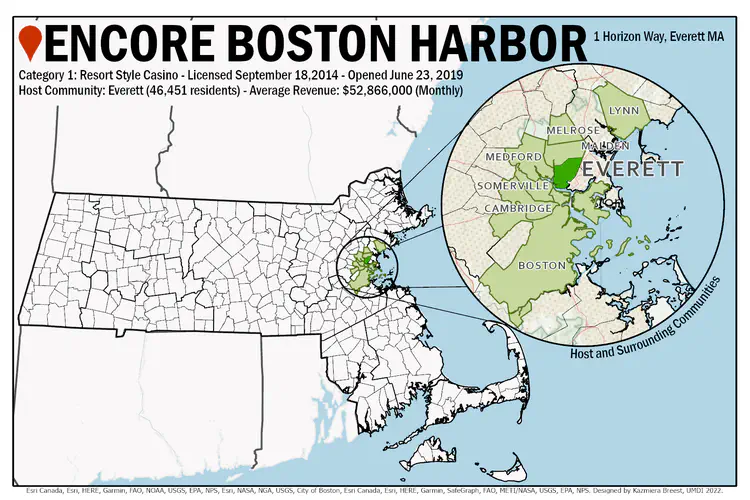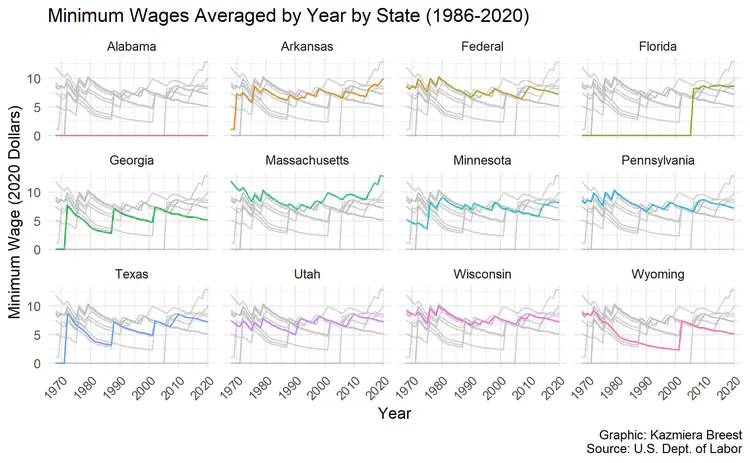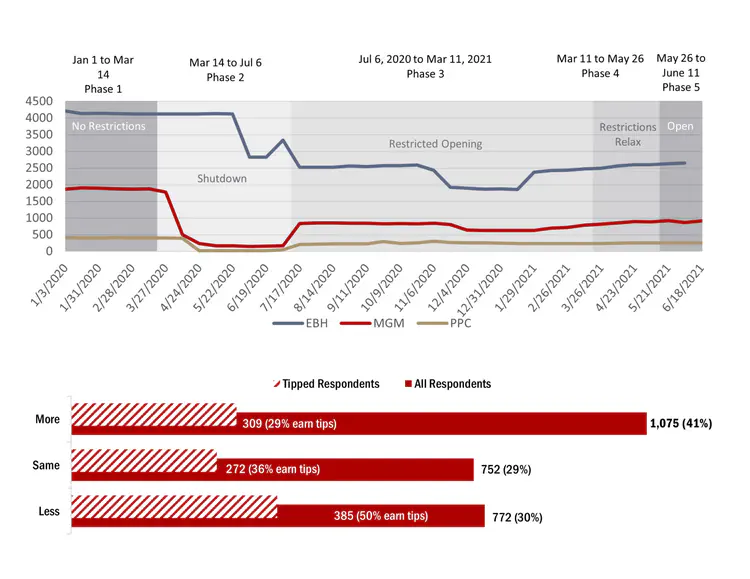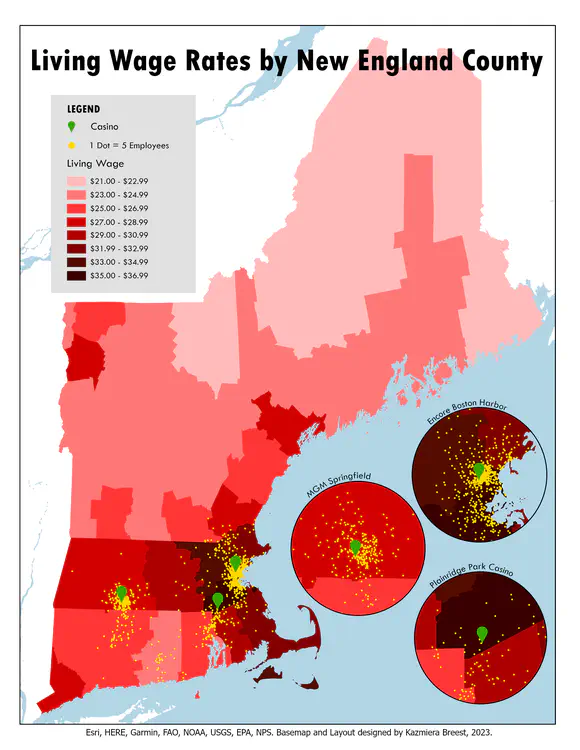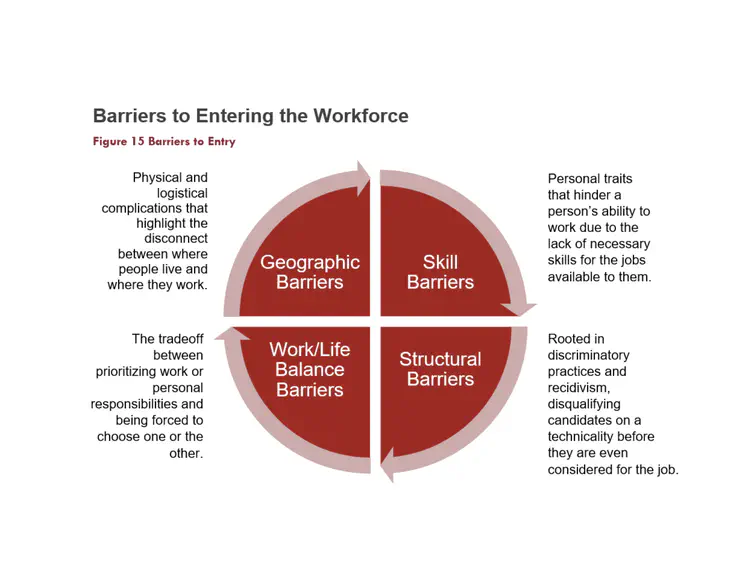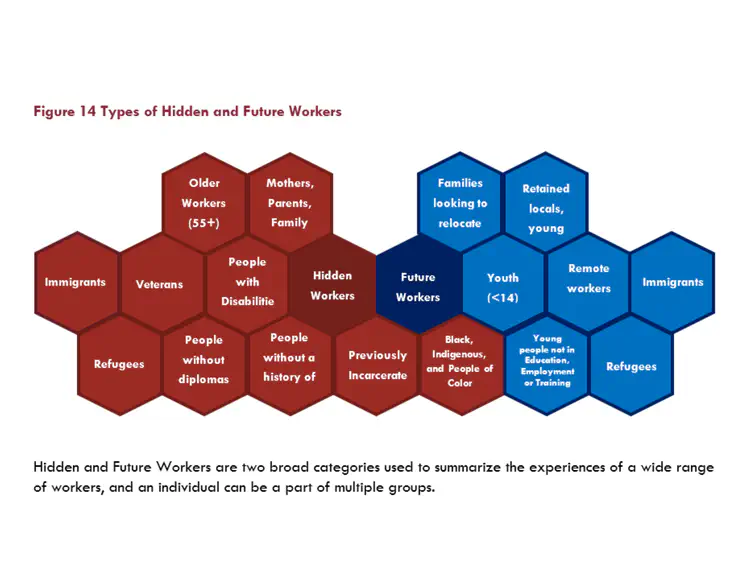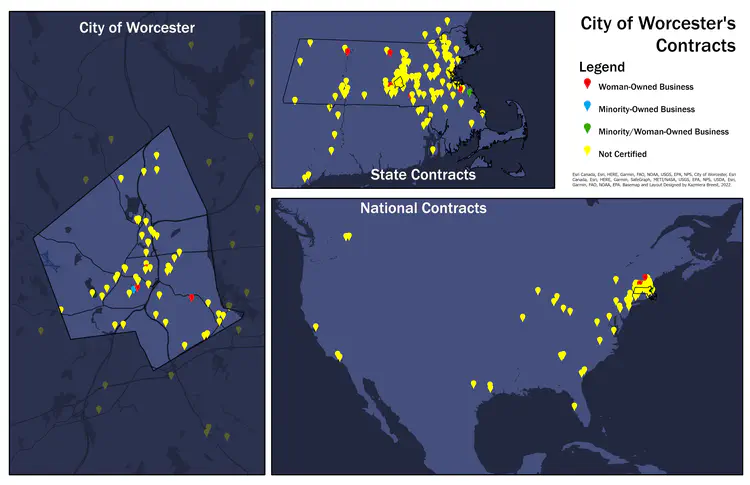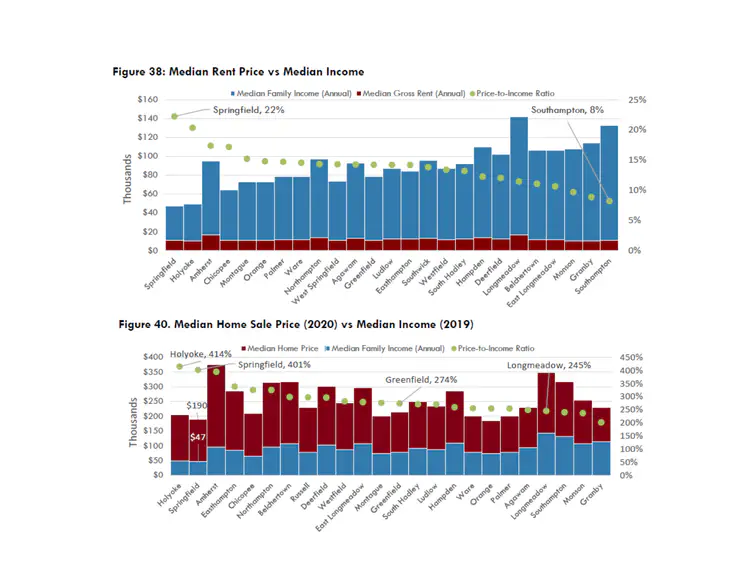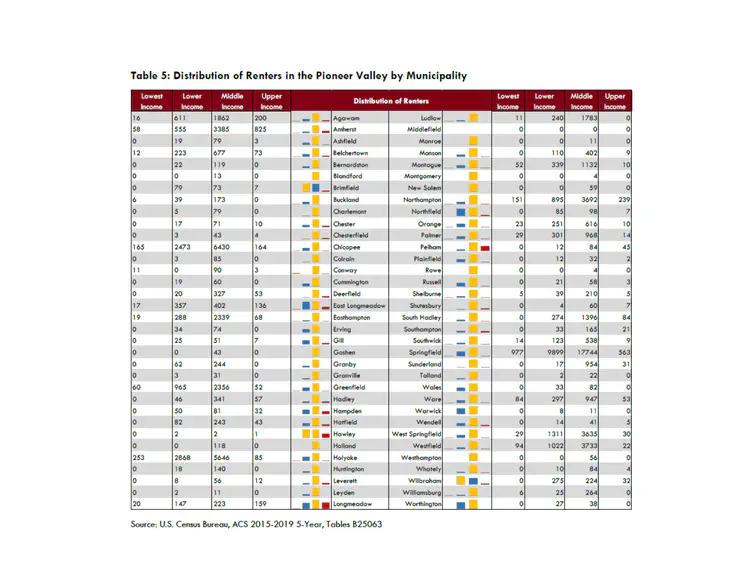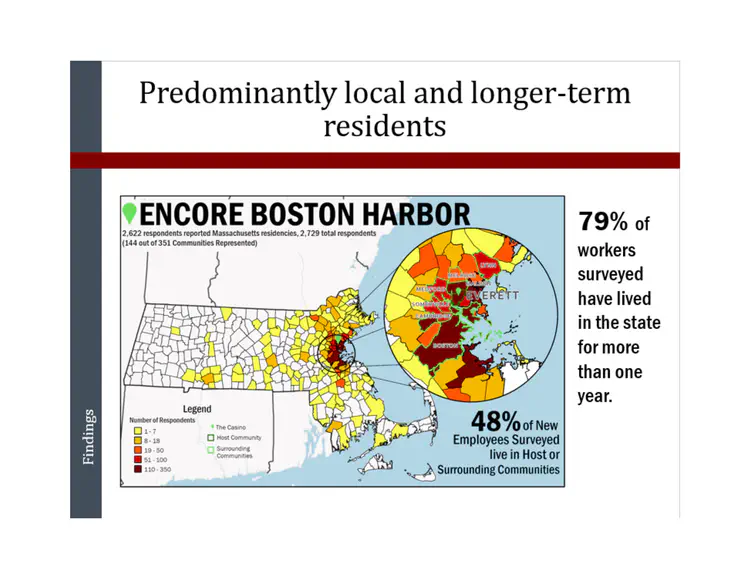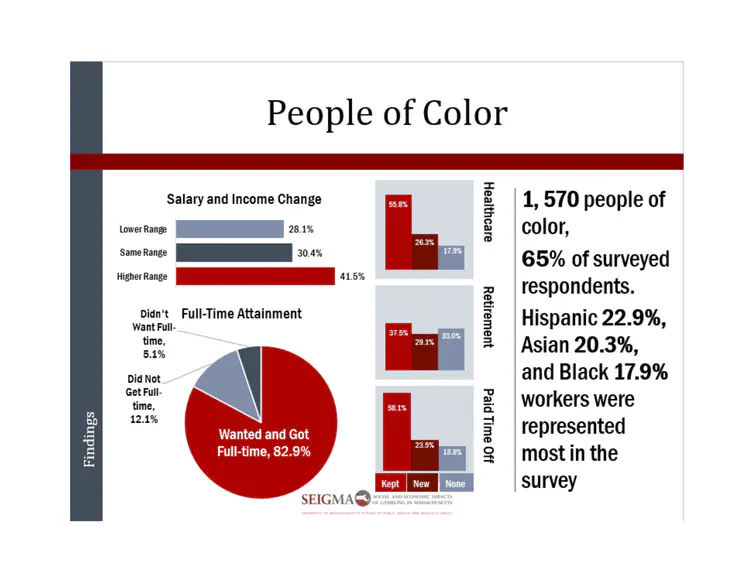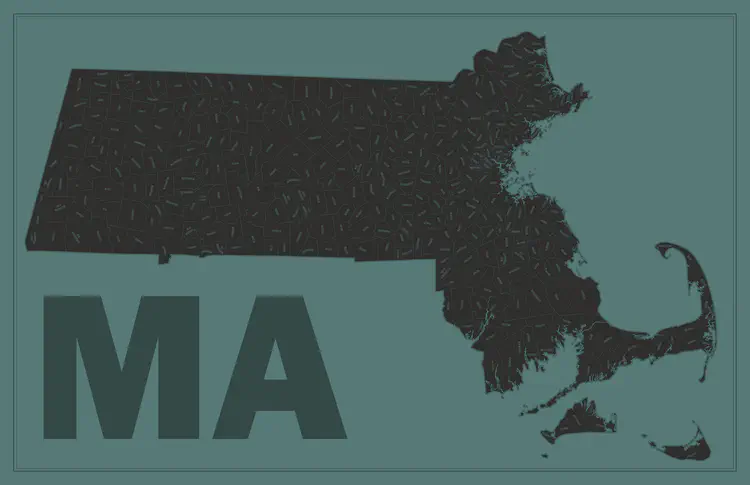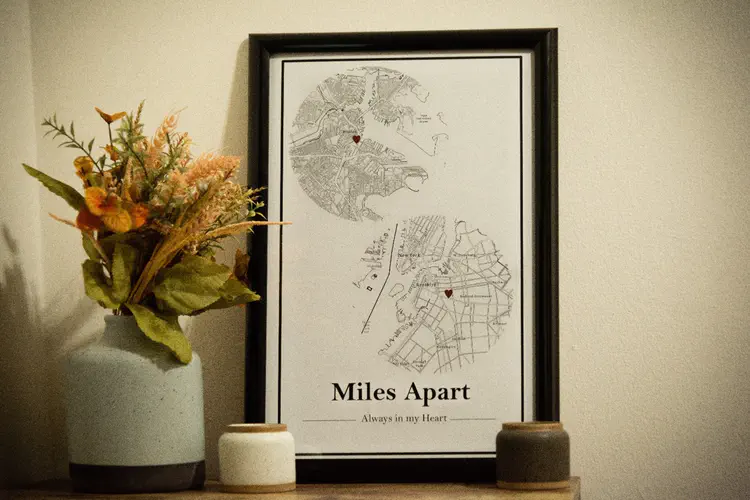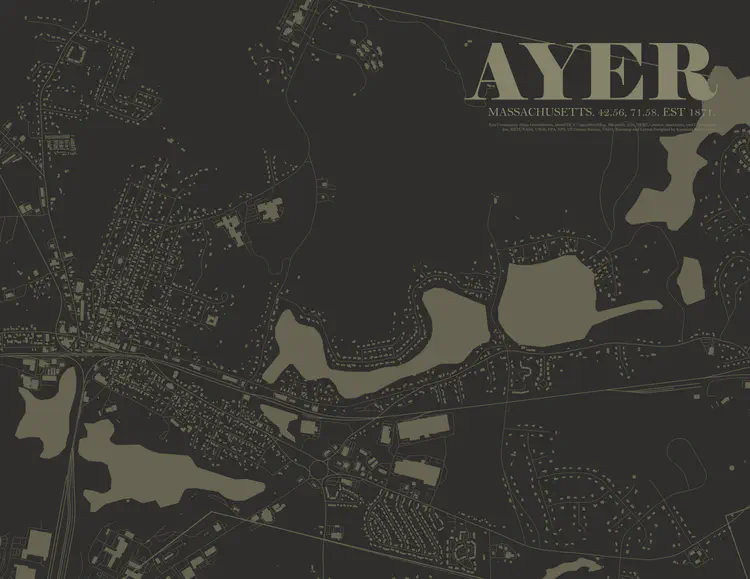Hi there!
I’m Kassie, I’m a mixed-methods social science researcher with a background in Economics and Data Analytics. At heart I’m an organizer; I sort data, behaviors, and ideas to create knowledge and give data-driven answers to public policy questions. I study economics and behavioral trends and I use statistical analysis, writing, and design to describe, understand, and draw conclusions about these phenomena. I am driven by my desire to reconsider academic writing and make data accessible to all readers which I hope to do through report writing, synthesizing complex concepts and data visualizations.
- Workforce and Labor Force Issues
- Housing and Transportation Issues
- Social Determinants of Health
-
MS in Data Analytics and Computational Social Science, 2021
University of Massachusetts Amherst
-
BA in Economics, minor in Statistics, 2020
University of Massachusetts Amherst
Skills
Macro, Micro, EI Models
Econometrics, Applied Linear Statistical Models
R, STATA, Excel
Economic Development, Workforce Development, Diversity and Inclusion
Interviews, Focus Groups, Nvivo
ArcGIS Pro
Instrument Design, Collection, Analysis
Lit Reviews, Reports, Summaries
ggplot, Canva, MS Office
Experience
Responsibilities include:
- Statistical analysis using R, STATA, Excel and ArcGIS.
- Survey design, collection and analysis using Qualtrics and Google Forms.
- Focus group and interview design, facilitation and analysis in Nvivo.
- Report conceptualization, writing, and editing using Microsoft Word.
Responsibilities include:
- Assist with data analysis, data cleaning, and auditing.
- Assist with surveys, key informant interviews, focus groups, and literature reviews.
- Assist with writing report sections.
- Prepare charts, tables and graphs for reports.
Responsibilities include:
- Host 45 minute 1-on-1 tutoring sessions for undergraduate, graduate, and professional writers.
- Provide editorial, organizational, and technical advice for writing across disciplines at any stage in the writing process.
- Provide tutees with actionable next-steps to improve their writing independently.
- Study pedagogy on the social construct of writing to reconsider academic writing.
Highlights
Contact
Questions? Comments? Ideas? Lets get in touch!
- kebreest@gmail.com
- 978 302 6752
- Boston, MA
- Weekdays 12:00pm to 2:00pm, 5:00pm to 8:00pm, and upon request
- Book an appointment
- Zoom Me
